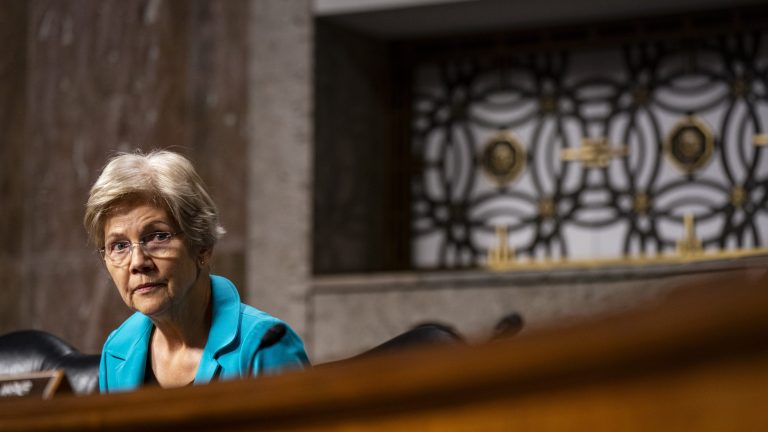Emboldened by Donald Trump's election win, Republicans are seeking big changes to a $42.45 billion broadband deployment program. Their plan could delay distribution of government funding and remove or relax a requirement that ISPs accepting subsidies must offer low-cost Internet plans.
US Senator Ted Cruz (R-Texas) today issued a press release titled, "Sen. Cruz Warns Biden-Harris NTIA: Big Changes Ahead for Multi-Billion-Dollar Broadband Boondoggle." Cruz, who will soon be chair of the Senate Commerce Committee, is angry about how the National Telecommunications and Information Administration has implemented the Broadband Equity, Access, and Deployment (BEAD) program that was created by Congress in November 2021.
The NTIA announced this week that it has approved the funding plans submitted by all 50 states, the District of Columbia, and five US territories, which are slated to receive federal money and dole it out to broadband providers for network expansions. Texas was the last state to gain approval in what the NTIA called "a major milestone on the road to connecting everyone in America to affordable, reliable high-speed Internet service."
Republicans including Cruz and incoming Federal Communications Commission Chairman Brendan Carr have criticized the NTIA for not distributing the money faster. But Cruz's promise of a revamp creates uncertainty about the distribution of funds. Cruz sent a letter yesterday to NTIA Administrator Alan Davidson in which he asked the agency to halt the program rollout until Trump takes over. Cruz also accused the NTIA of "technology bias" because the agency decided that fiber networks should be prioritized over other types of technology.
Cruz: Stop what you’re doing
"It is incumbent on you to bear these upcoming changes in mind during this transition term," Cruz wrote. "I therefore urge the NTIA to pause unlawful, extraneous BEAD activities and avoid locking states into in [sic] any final actions until you provide a detailed, transparent response to my original inquiry and take immediate, measurable steps to address these issues."



 Loading comments...
Loading comments...
